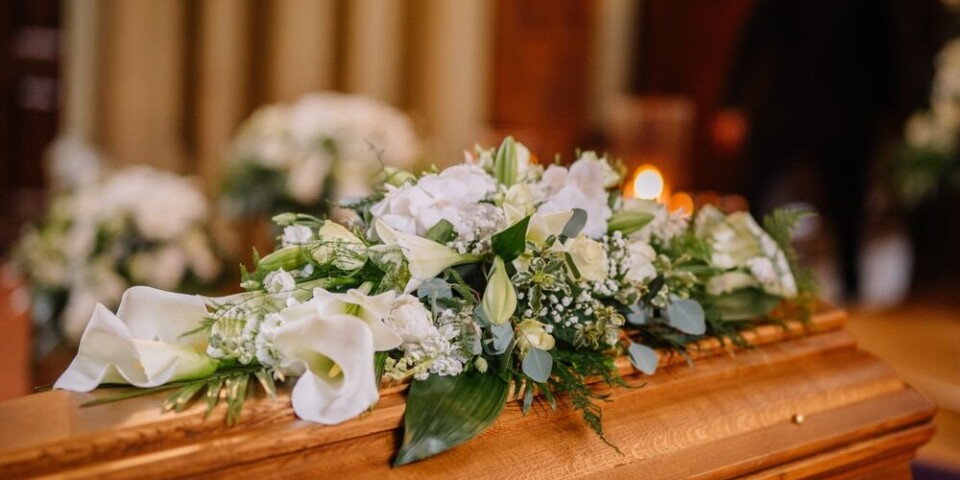French study tests psychedelics in alcoholism therapy
A groundbreaking experiment explores how psilocybin can be used to combat depressive symptoms in alcohol recovery
Psilocybin is an ingredient found in magic mushrooms
XIANLONG/Shutterstock
A pilot experiment using psychedelic drugs alongside psychotherapy to treat depressive symptoms related to alcoholism is taking place in France for the first time.
Psychedelics provoke a range of different reactions when ingested by humans, the most famous of which are visual hallucinations.
They have been ingested since antiquity, but it was not until the 1960s that the first wave of research into their potential medical benefits began.
This has seen a resurgence in the past 10 years.
“Psychotherapy assisted by psychedelics is usually when medical professionals prepare the patients for psychedelics and support and guide them before, throughout and after the experience,” Amandine Luquiens, psychiatrist and addiction specialist at the CHU de Nîmes, told The Connexion.
“This allows patients to be clear about what is going to happen and to minimise anxiety linked to the treatment, as well as giving them a precise exit plan.”
Read more: French researchers' hope for individualised cancer vaccines
Psychotherapy 'springboard'
Specifically, the study at the CHU Nîmes uses psilocybin, a type of psychedelic substance found in magic mushrooms, as a “springboard” for the normal psychotherapy treatment they would give patients with alcoholism and depressive symptoms.
Patients must have recently quit alcohol and also have depressive symptoms linked to this.
The experiment aims to prevent relapses for patients after their psychotherapy has finished.
This happens around 50% of the time with psychotherapy alone (twice as often as those without depressive symptoms).
It is believed that psilocybin will enhance the psychotherapy techniques to reduce these relapses.
Patients are admitted into hospital for four weeks and, for those who choose to take part, the psychedelic psychotherapy is added on to the normal psychotherapy offered by the hospital.
Participants take psilocybin twice – once at the beginning of the treatment and once three weeks later.
The psilocybin is ingested in the form of small capsules. Patients are blindfolded to prevent the visual hallucinations, which last around six hours, and effects are variable.
“Some patients’ experiences are very intense whereas others feel virtually nothing,” said Dr Luquiens.
“Some report a feeling of oneness and connectedness with the universe, whereas others have a more anxious and unpleasant experience, sometimes even forgetting who they are.
“That is why preparing patients is so important. Patients also sometimes ‘face’ memories or experiences that they may not have thought about for a long time.”
Read more: France to introduce first ever blood test for bipolar disorder
Psychedelic experience
Patients often describe the six-hour experience as one of the most important of their lives.
However, it is the secondary effects, once there is no longer psilocybin in the patient’s blood, that are of interest in this study.
One of these is the secretion of growth factors which likely lead to neurons sprouting (called neuroplasticity). This, in turn, could help patients more easily change behaviour that has become automatic, such as consuming alcohol to deal with negative emotions.
It is not yet known whether the initial six-hour ‘trip’ is key to the secondary effects.
Some laboratories are attempting to eradicate this stage, allowing patients to potentially only experience the longer term effects.
However, Dr Luquiens has noticed that people who have a negative experience during the trip tend not to benefit from psilocybin’s long term effects.
She also emphasised that alcoholism and depressive symptoms can be very diverse, have a wide range of causes, and that patients tend to be emotionally unstable. She said that this is why these patients were specifically chosen for the study.
The trial, incorporating 30 patients, began in February and will end in January. Dr Luquiens hopes to publish the results in April.
Read more: Alert over mushroom picking in France after death and poisonings





























